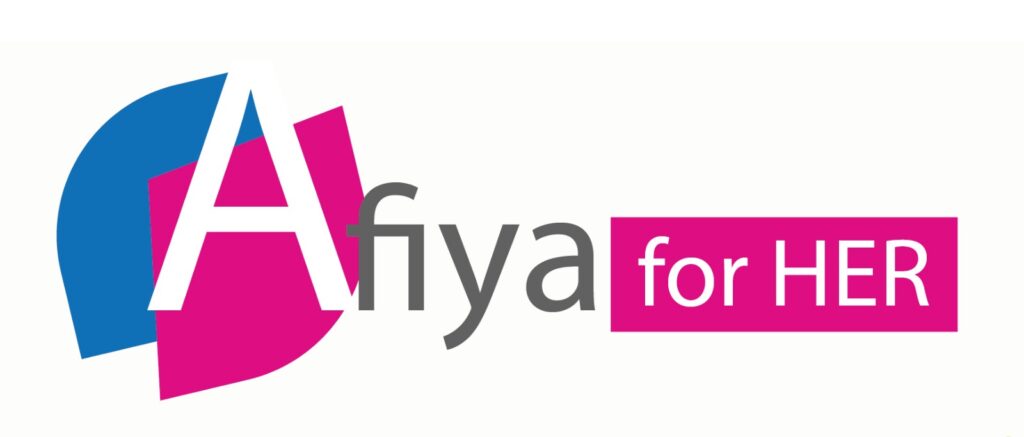Welcome to the new branch of Afiya, dedicated to African women’s health !
We are delighted to have you in our space dedicated to promoting the well-being and health of African women. At Afiya, we understand that health is an essential aspect of every woman’s life, and we are committed to providing valuable information and resources to help you take care of yourself physically, mentally, and emotionally.
Our goal is to provide you with easy access to articles, tips, and testimonials that address specific health issues for African women. We will cover a variety of important topics such as reproductive health, family planning, disease prevention, maternal health, nutrition, mental health, workplace wellness, skincare, and much more.
We firmly believe in empowering women in matters of health. That’s why we will focus on education and information to help you make informed decisions about your well-being. We will share practical advice, evidence-based recommendations, and helpful resources from health experts.
We also aim to create a supportive community where African women can connect, share their experiences, and find mutual support. We encourage you to participate, ask questions, and share your own stories so that we can grow together.
The health of African women is our priority, and we hope this new page will be a valuable resource for you. Join us on this journey towards a healthier and more fulfilling life. Because every woman deserves to be in full health, every day.
Welcome aboard and enjoy exploring our page dedicated to your health!
The Afiya Team.







OTHER ARTICLES
Why You Should Not Drink Alcohol During Pregnancy
World Sexual Health Day : Sexual Justice : what can we do
On World Breastfeeding Week, countries urged to invest in health systems and support breastfeeding mothers